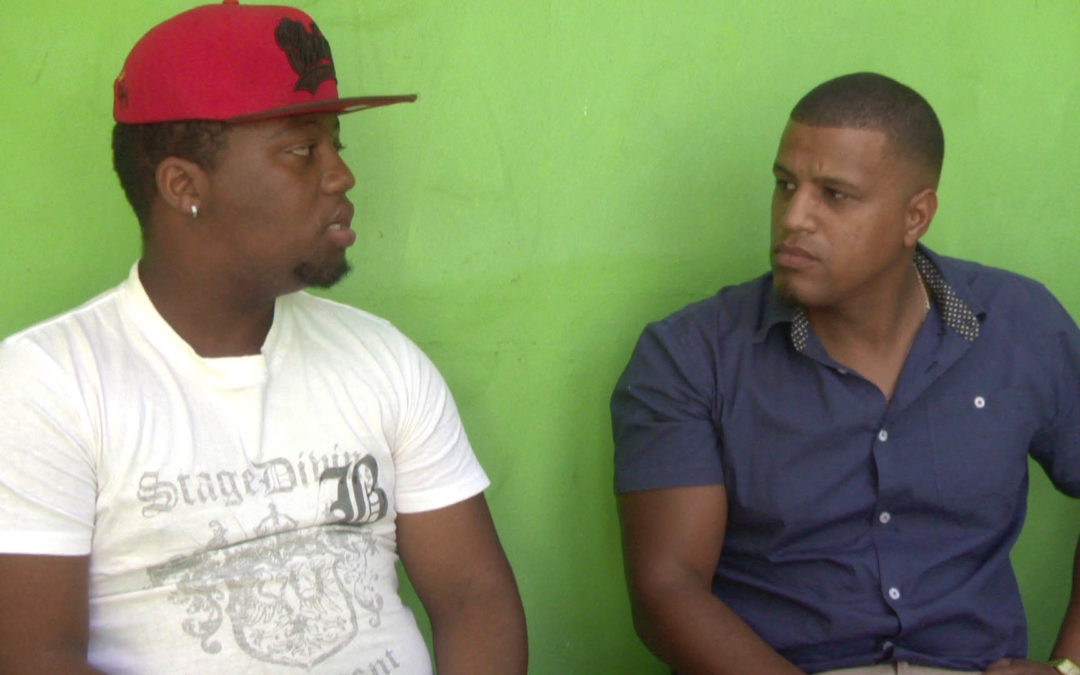Marike de Klerk, the former wife of F.W. de Klerk, made an infamous comment in which she described coloured people as a “negative group…a non-person. They are the people that were left after the nations were sorted out. They are the rest.” Indeed, racism that targets coloured people in South Africa is profoundly different from racism that targets blacks. Derogatory comments often focus on the othering of coloured people rather than describing them as inferior. Yet this difference in stereotyping is still immensely harmful to the psychological health of coloured people, and to the well being of the country as a whole. Coloured people are only vaguely defined: The Economist states that, “ranging in skin tone from very pale to darkest brown, many coloreds were (and still are) indistinguishable from their white or black compatriots.” While it is difficult to find recent statistics on the number of coloured people living in South Africa, (especially considering the vagueness of the category) there were 3.6 million in the country in 1999. It should be reiterated that the identity of coloured people is not particularly cohesive outside of being imprecisely defined as mixed-race: coloured people speak different languages (including English and Afrikaans), and practice different religions (including Christianity and Islam). In interviews conducted by Street Talk TV, people defined by society as “coloured” spoke with us about the complexities of the racial stereotypes that can sometimes dominate perceptions of South African society.
Over twenty years after the end of Apartheid, South Africa’s towns and communities are still relatively divided up by race- people of certain races tend to live in certain communities. Thus, interracial dating is one of the topics that the people we spoke with focused on- because it is somewhat unusual to see two people of different races dating. “People would give us the look” Dorean Dutoit, told us, who dated a man who would be categorized by society as black. “It’s my choice who I date” Candice Dutoit piped up, exemplifying that the younger generation is poised to integrate itself more closely than older generations have. This concerns certain members of the population, particularly those who are still entrenched in the separation mentality of Apartheid. Another source of racial tension is the fact that in many companies in South Africa, there must be a certain number of whites, coloureds, and blacks working at the company. This quota causes tension, because people blame people from other races when they do not receive a job. Coloureds will state that “blacks are getting everything” Jonas McCarthy said. Trevor Williams echoed this sentiment, stating that “there are lazy coloureds that blame…the blacks are getting everything.” However, all of them agreed that these claims had no evidence behind them. “To me, racism is all in your mind” Dorean Dutoit summarized. Indeed, until all South African citizens can cease the practice of racial scapegoating, and become more accepting of intermixing of races, both in geography and in relationships, there will continue to be social unrest and undertones of racism present in society.
-Roz KennyBirch
Sources:
https://www.theguardian.com/world/2001/dec/06/chrismcgreal
The violent end of Marike de Klerk
www.theguardian.com
Anger turns to bewilderment as FW de Klerk’s wife is found murdered in flat.
http://www.economist.com/node/21546062
http://www.encyclopedia.com/topic/Colored_people_(South_Africa).aspx
Further reading:
http://www.everyculture.com/wc/Rwanda-to-Syria/Cape-Coloreds.html




